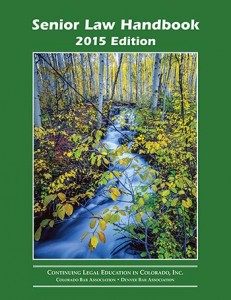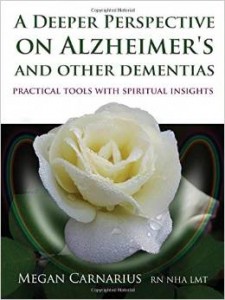Recently the Centers for Medicare and Medicaid services proudly announced that hospital readmissions have decreased thus patient safety and care has increased. Unfortunately, it appears that the reason for this reduction is the 96% increase in labeling hospital patients as Observation status and not Inpatient admission status.
Why does this matter to you? Hospitals get penalizes if they have too many readmissions. To avoid this scenario, they are putting patients entering the hospital under Observation status instead of admitting them in the hospital as an Inpatient. This labeling system can greatly affect a Medicare patient’s wallet. Observation status is covered under Part B not Part A. So you will be required to pay 20% of your hospital bill instead of the $1,260 deductible. You will also be required to pay for all of the overly priced medications given to you in the hospital that would have been covered under Part A. In addition, if you require skilled nursing or rehabilitation after your hospital stay, you will be required to pay for all of the costs. In comparison, if you were admitted to the hospital as Inpatient and require skilled nursing/rehab, after a three day hospital stay, Medicare will pay for your costs.
To add to the confusion with this hospital labeling, the admitting physician will initially determine your status. Even if you are under Inpatient status, the hospital administrator can change that labeling without your knowledge. Furthermore, Medicare has audit contractors that may also change your status from what either the admitting physician or hospital administrator may deem appropriate.
What should you do? Confirm every day while you are in the hospital what your status is and if needed, work with an independent patient advocate to ensure your best interests are being addressed.
For more information about this topic, click on this link.
http://healthaffairs.org/blog/2015/08/27/quality-improvement-become-good-at-cheating-and-you-never-need-to-become-good-at-anything-else/


